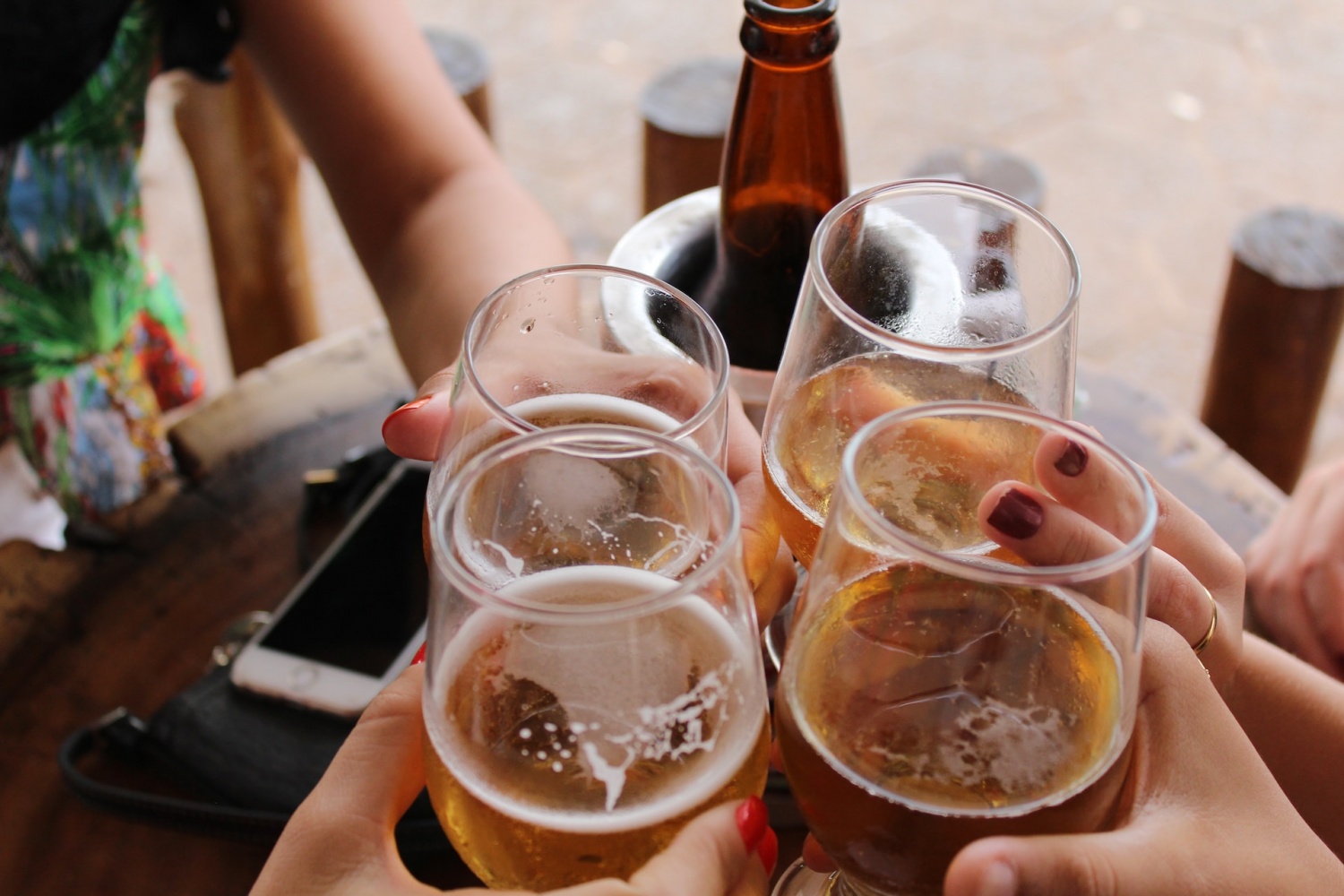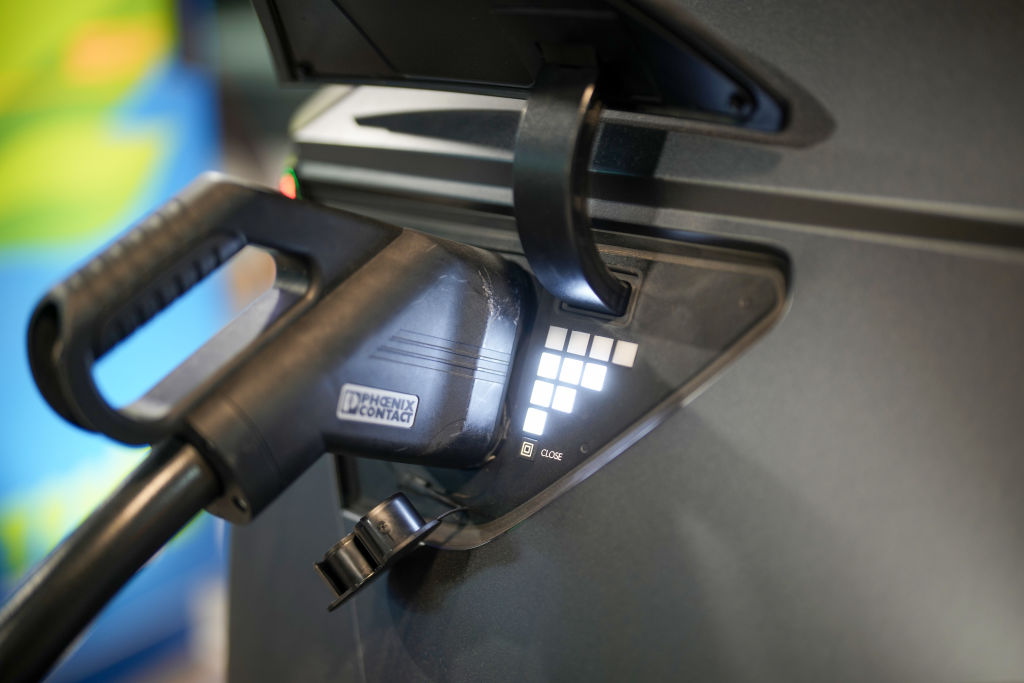Smartphone Technology and Smart Speakers Used by Researchers to Detect Alcohol Intoxication in Study
According to a report by Interesting Engineering, researchers at Stanford Medicine and the University of Toronto have successfully conducted a study using smartphone technology and smart speakers to detect alcohol intoxication in individuals based on their speech and vocal patterns.
The study, as reported by Eurekalert, involved participants reading a series of tongue twisters out loud while their voices were recorded by a nearby smartphone. The breath alcohol content of the participants was also assessed and recorded every 30 minutes for up to seven hours.
The researchers then analyzed the participants’ speech patterns using digital programs and examined metrics such as pitch and frequency. They found that changes in the subjects’ speech patterns during the trial indicated alcohol intoxication with an accuracy rate of 98% when compared to breath alcohol readings.
Lead researcher Dr. Brian Suffoletto described the technological application as a “surprise,” noting that cutting-edge advancements in signal processing, acoustic analysis, and machine learning contributed to the study’s significant accuracy rate.
The study, titled ‘Detection of Alcohol Intoxication Using Voice Features: A Controlled Laboratory Study,’ highlights the potential benefits of using mobile phones and smart speakers to remotely recognize vocal changes linked to alcohol consumption. According to the report, this technology could help prevent accidents, injuries, and deaths resulting from alcohol intoxication.
Dr. Suffoletto emphasized the importance of effective interventions that are easily accessible through widely used devices such as smartphones and smart speakers. He pointed out that timely reminders of drinking limitations could have a significant impact, especially when individuals are about to start drinking.
However, the study noted some limitations, including the lack of diverse ethnic representation among the participants and missing voice recordings of two participants. The researchers called for larger studies involving a more diverse range of ethnicities to validate vocal patterns as a reliable predictor of drunkenness.
In conclusion, the study acts as a call to action for the development of digital biomarker data warehouses, urging organizations such as the National Institutes of Health to create such databases.
Overall, the study’s findings signal potentially life-saving applications of smartphone technology and smart speakers in preventing alcohol-related accidents and promoting responsible drinking.

I have over 10 years of experience in the cryptocurrency industry and I have been on the list of the top authors on LinkedIn for the past 5 years. I have a wealth of knowledge to share with my readers, and my goal is to help them navigate the ever-changing world of cryptocurrencies.




